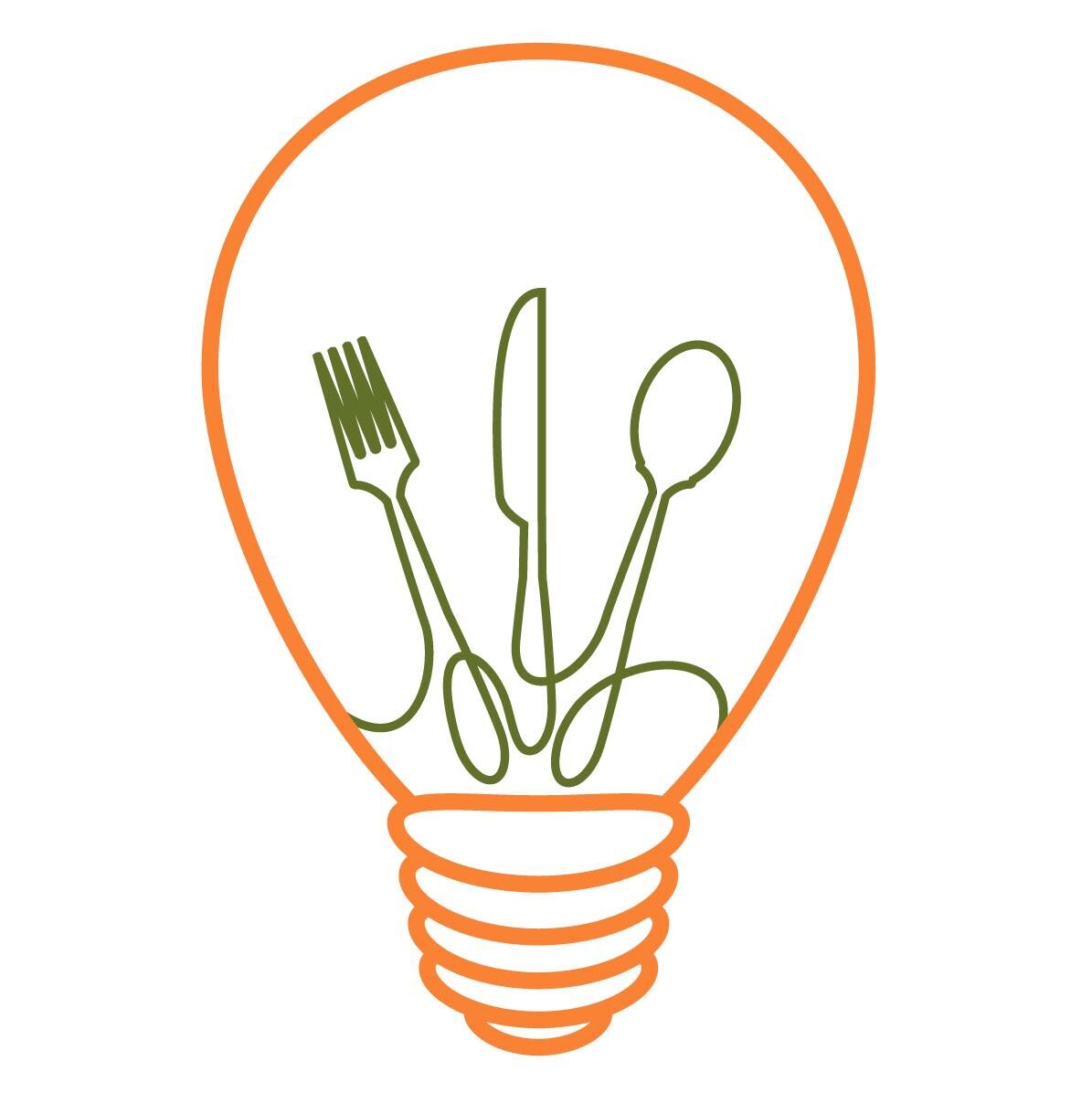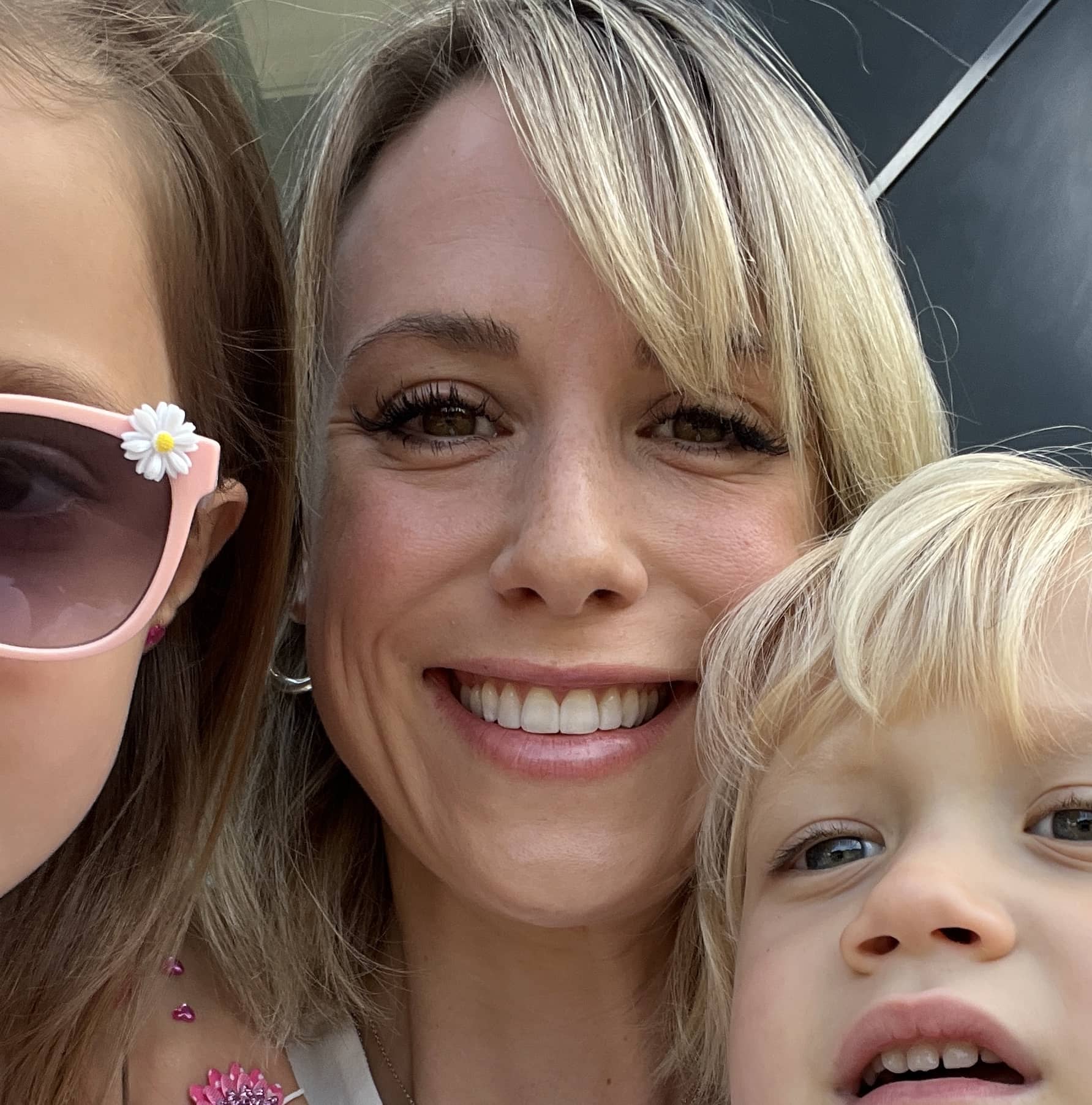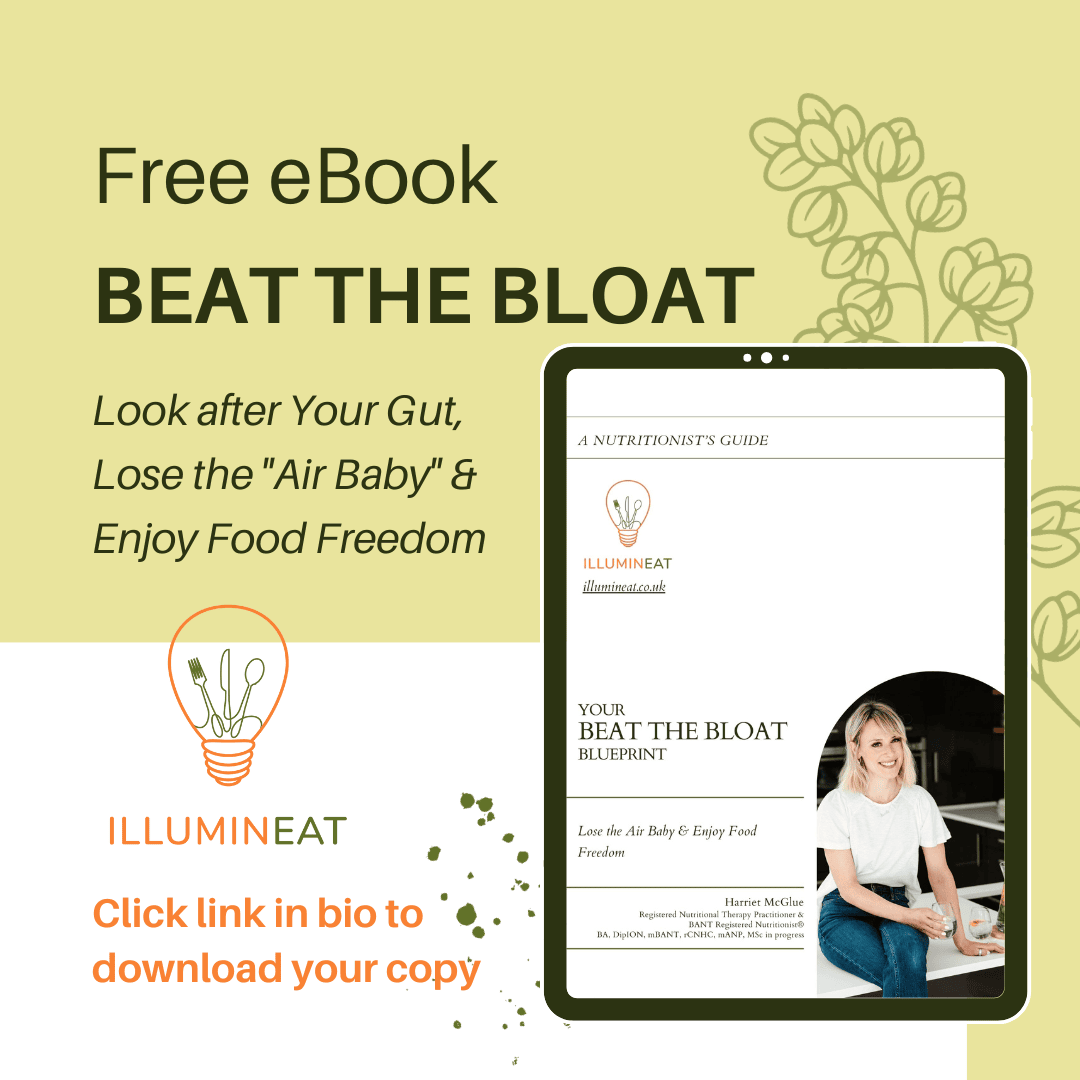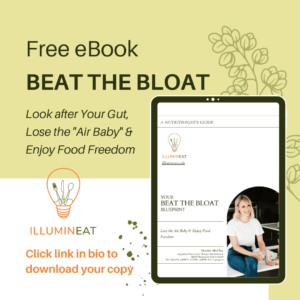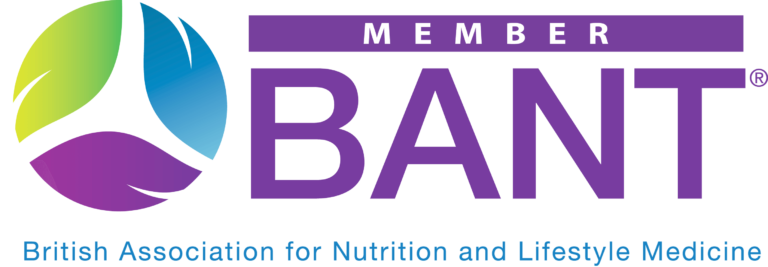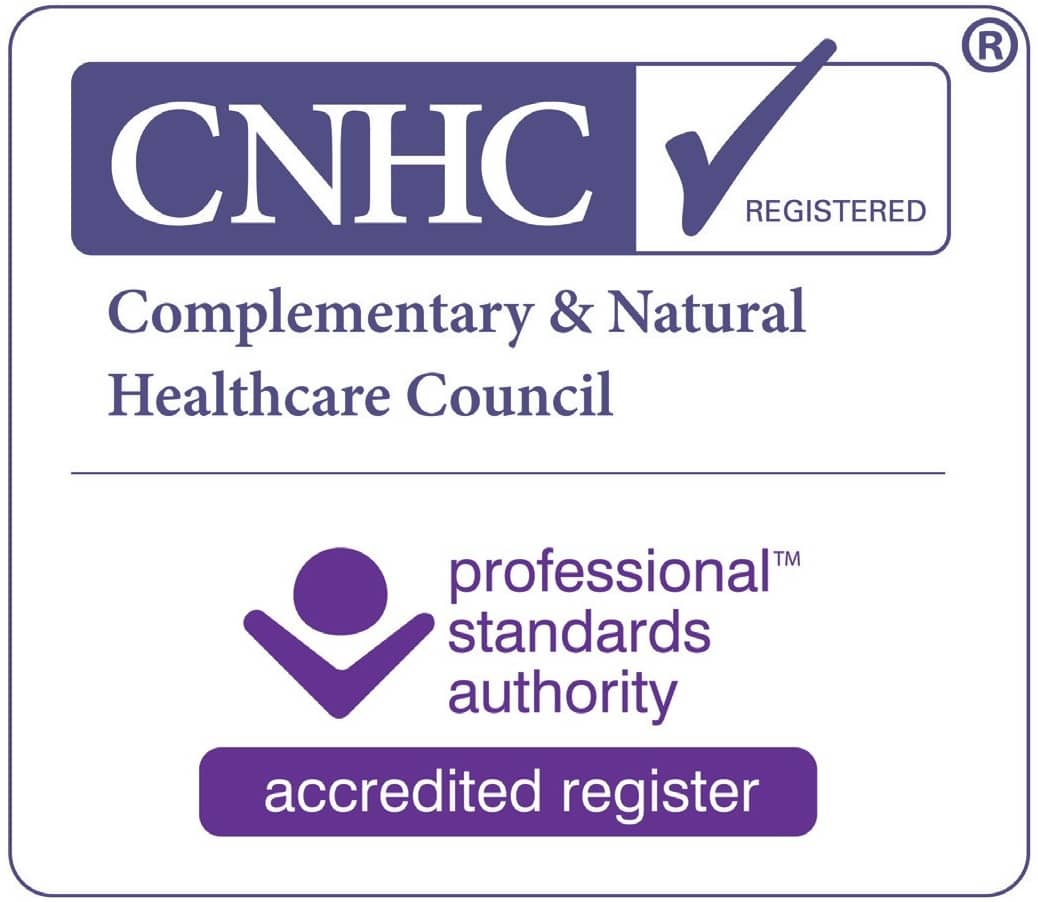We know what we eat matters – but less talked about is HOW we eat. More of us than ever feel we are intolerant to certain foods, but what if it’s more about context than the food itself? Could MINDFUL EATING be the answer?
1. Visualise what you’re about to eat
There’s a reason mama always told you to chew your food! But digestion actually begins well before we put food in our mouth…
The thought, sight and smell of food triggers the digestive process, releasing amylase-containing saliva and digestive juices. Some 30% of pancreatic enzymes and 20% stomach acid are produced in this “cephalic” phase of digestion.
Deliveroo may be great food porn(!), but we’ve just not evolved to simply grab something pre-prepared and go.
So try cooking mindfully next time – we love a recipe box delivery service in our house to keep things simple midweek. And as you chop, look, sniff and have a nibble!
2. We need to be relaxed in order to digest.
When we’re stressed (answering emails at the table!) or simply distracted (hello Netflix), the body releases adrenaline and cortisol and blood is diverted from “non-essential in an emergency” processes – like digestion. A quick and effective way to switch our nervous system out of a “fight or flight” state (sympathetic nervous system dominant) and into “rest and digest” mode (parasympathetic) is deep belly-breathing. Diaphragmatic breathing can even stimulate the vagus nerve (involved in regulating the nervous system and gut), promote salivation and blood flow to digestive organs.
Here’s how: Try breathing into your belly for a count of 4 seconds, holding for 2, then breathing out slowly for 6. Repeat several times.
Still not convinced? One study found people who eat food while watching TV or working ate 18% more than those who didn’t – another reason not to multitask your supper!
3. Chew, chew and chew some more
Chewing slowly can make a HUGE difference for people with digestive issues, and it is one of the first things to think about if you suffer from bloating, cramping, gassiness or heartburn. When we chew, we are mechanically and chemically breaking down food. After food leaves the mouth, only chemical digestion is left. Give your body a chance to produce the right digestive enzymes and enough stomach acid by chewing each mouthful to a purée (think baby food!) before you swallow. Top tip: You can avoid diluting digestive secretions by drinking between – rather than during – meals.
Proper chewing has 2 more big advantages. It allows us to extract the maximum nutrients from the food we eat AND give the brain time to register when we are full (preventing over-eating)
